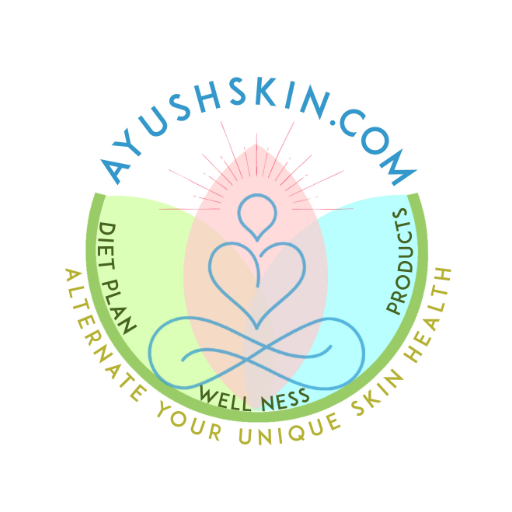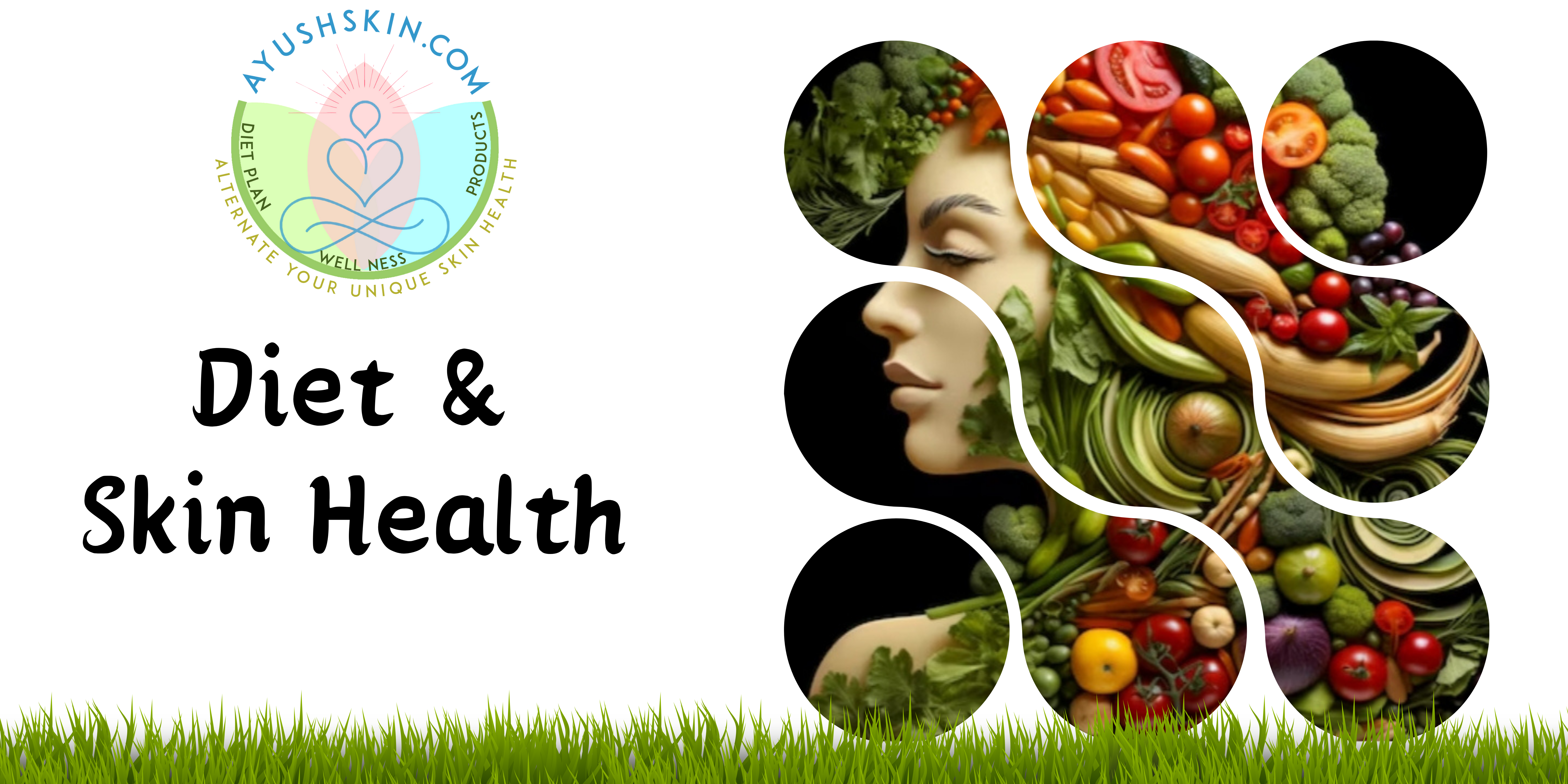Role of Diet in Skin Health
In the quest for healthy, glowing skin, many of us invest in skincare products and treatments without fully realizing the profound impact our diet can have on our skin's health and appearance. Consuming a balanced diet rich in vitamins, minerals, and antioxidants is essential for healthy skin. Nutrients like vitamin C, vitamin E, zinc, and selenium help protect the skin from damage caused by free radicals and promote collagen production, which maintains skin elasticityIncluding healthy fats in your diet from sources like avocados, nuts, and seeds can help maintain skin moisture and elasticity. These fats also support the skin's lipid barrier, which protects against moisture loss and external irritants..While external skincare is undoubtedly important, nourishing our skin from the inside out is equally crucial.Our skin is a reflection of our internal health, and what we eat directly influences its vitality. Incorporating nutrient-dense foods into our diet provides the essential building blocks our skin needs to thrive. Antioxidant-rich fruits and vegetables, such as berries, leafy greens, and citrus fruits, combat free radical damage and promote a youthful complexion. Meanwhile, omega-3 fatty acids found in fatty fish, flaxseeds, and walnuts help maintain skin hydration and reduce inflammation, warding off conditions like acne and eczema.
Protein is essential for skin repair and regeneration. Including sources of high-quality protein in our diet, such as lean meats, poultry, fish, and plant-based options like tofu and legumes, supports the production of collagen—a structural protein that gives skin its firmness and elasticity. Additionally, consuming foods rich in vitamin C, zinc, and copper helps facilitate collagen synthesis, promoting a youthful and resilient complexion.
Proper hydration is fundamental for skin health. When we don't drink enough water, our skin becomes dehydrated, leading to dryness, dullness, and an increased risk of fine lines and wrinkles. By staying adequately hydrated, we support the skin's natural moisture barrier, ensuring a plump, radiant complexion. Hydrating foods like watermelon, cucumber, and celery can also contribute to our daily fluid intake while providing essential vitamins and minerals.
Antioxidant-rich foods like berries, leafy greens, and green tea help protect the skin from oxidative stress caused by environmental factors such as UV radiation and pollution. They also support skin repair and regeneration.
Collagen is a protein that provides structure to the skin. While consuming collagen-rich foods like bone broth may have some benefits, the body also requires vitamin C, amino acids, and other nutrients to produce collagen. Including foods rich in these nutrients can support collagen production and maintain skin elasticity.
Maintaining a balanced diet rich in whole, unprocessed foods, staying hydrated, and listening to your body's individual needs are key steps in promoting healthy skin from the inside out.
Some Foods which damage our skin Health are as following .
Foods that are highly processed and high in refined sugars, unhealthy fats, and artificial additives can contribute to inflammation in the body, leading to skin issues like acne, eczema, and premature aging. Examples include sugary snacks, fast food, processed meats, and packaged snacks.Fried foods are typically high in unhealthy fats and can promote inflammation in the body. Diets rich in fried foods may worsen conditions like acne and eczema and contribute to dull, congested skin.
Consuming too much sodium can lead to water retention and puffiness in the skin, particularly around the eyes. High-sodium diets may also contribute to dehydration, exacerbating dry skin conditionsDiets high in sugar can spike insulin levels, leading to increased sebum production and inflammation, which can exacerbate acne. Additionally, consuming sugary foods and drinks can contribute to glycation—a process where sugar molecules bind to collagen fibers, causing them to become stiff and less elastic, leading to wrinkles and sagging skin.
Foods with a high glycemic index, such as white bread, white rice, and sugary cereals, can cause rapid spikes in blood sugar levels, leading to increased insulin production and inflammation. These fluctuations can contribute to acne flare-ups and skin dullness.
Excessive alcohol consumption can dehydrate the skin, leading to dryness, dullness, and exacerbating the appearance of fine lines and wrinkles. Alcohol also dilates blood vessels, leading to redness and flushing, particularly in individuals with rosacea..


